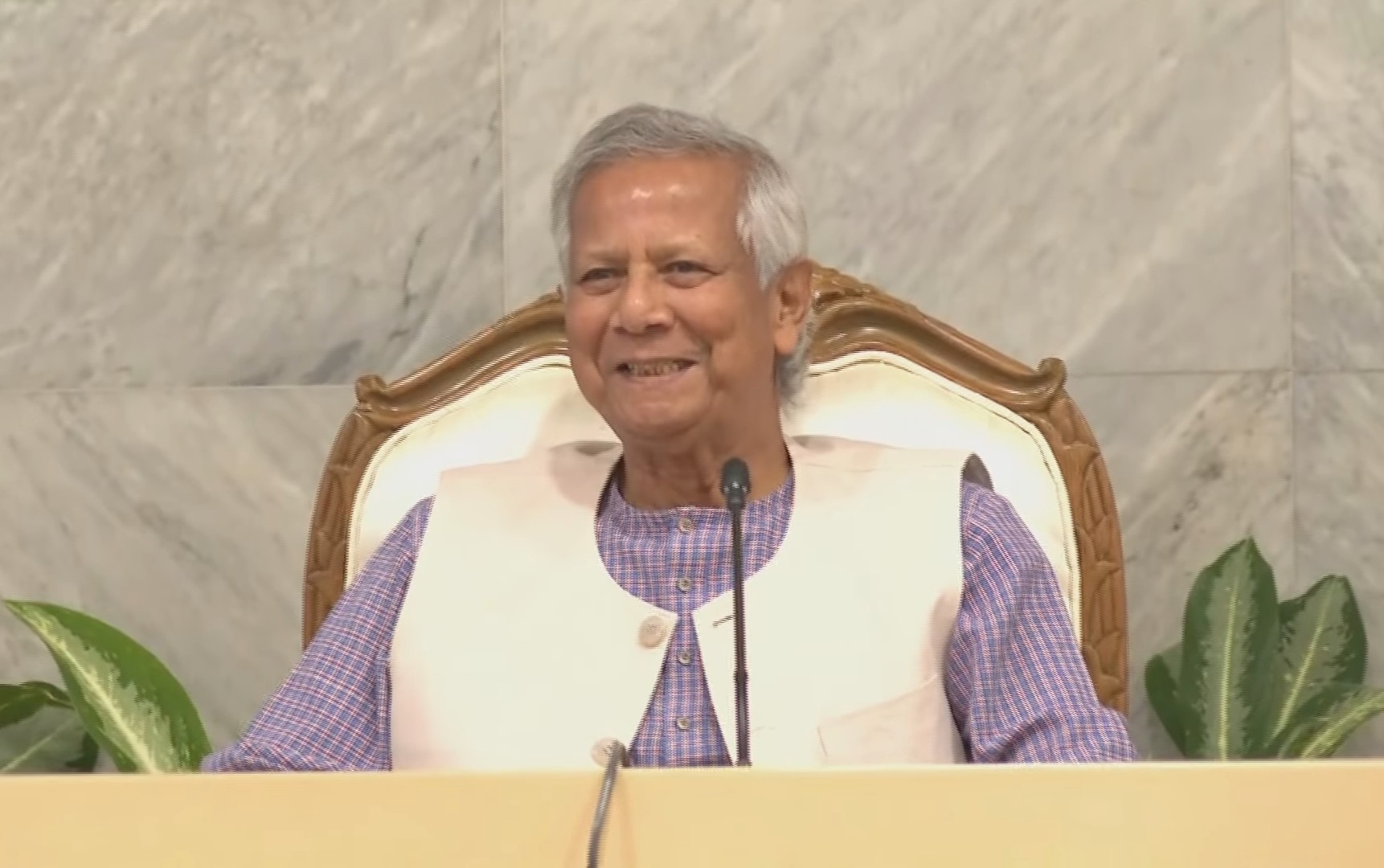

By Asmita - Aug 05, 2025
Bangladesh's Nobel laureate Dr. Muhammad Yunus announces elections in February, aiming for a festive celebration like Eid to promote unity and national pride. Yunus emphasizes the importance of fair, inclusive, and peaceful elections to restore public trust in democracy. His vision for Bangladesh includes political maturity and accountability, resonating with supporters seeking clean politics amid a tense political climate. Yunus plans to blend his social entrepreneurship experience with political goals, positioning himself as an alternative to traditional dominance. The announcement has sparked political debate and drawn both criticism and hope, with international observers ready to support and monitor the elections. #EidOfDemocracy trends online in response to Yunus's call for a festive democratic spirit.

Dr. Muhammad Yunus via Wikimedia
LATEST
Bangladesh’s Nobel laureate and political figure Dr. Muhammad Yunus has sparked national interest by announcing that elections will be held in February, adding that he wants the occasion to be celebrated “like Eid.” Speaking to a gathering of supporters and media personnel in Dhaka, Yunus said that democratic participation should be a moment of joy, unity, and national pride, not fear or division. His remarks come at a time when the country’s political climate remains tense, with various opposition groups alleging suppression and lack of transparency in prior electoral processes.
Yunus emphasized the need for fair, inclusive, and peaceful elections that restore public trust in the democratic system. He mentioned that his vision for Bangladesh includes not just economic development, but also political maturity and accountability. Drawing a parallel with the festive spirit of Eid, Yunus said, “We should make democracy something we look forward to — a time when the whole country comes together, like during Eid.” His statement resonated with many young supporters who see him as a symbol of change and clean politics in Bangladesh’s often tumultuous political landscape.
Over the past few months, Yunus has been actively meeting with civic leaders, student groups, and representatives from marginalized communities. His message has remained consistent: democracy must become participatory and not just procedural. He added that holding elections in February is a strategic decision that allows enough time for voter education and for political platforms to evolve with meaningful public involvement. Political analysts have pointed out that Yunus is seeking to blend his experience as a global social entrepreneur with local political goals, positioning himself as an alternative to the traditional two-party dominance.
While some ruling party leaders have dismissed Yunus’s ambitions as impractical, others within civil society have welcomed the February election date as a possible reset for Bangladesh’s democratic processes. International observers, including representatives from South Asian think tanks and the United Nations, have expressed a readiness to support and monitor the elections. Yunus also announced plans to invite international observers to ensure transparency. His emphasis on transparency, civic unity, and a festive democratic spirit has gained traction online, with hashtags like #EidOfDemocracy trending across social media platforms. The announcement has ignited political debate across the country, drawing both criticism and hope.